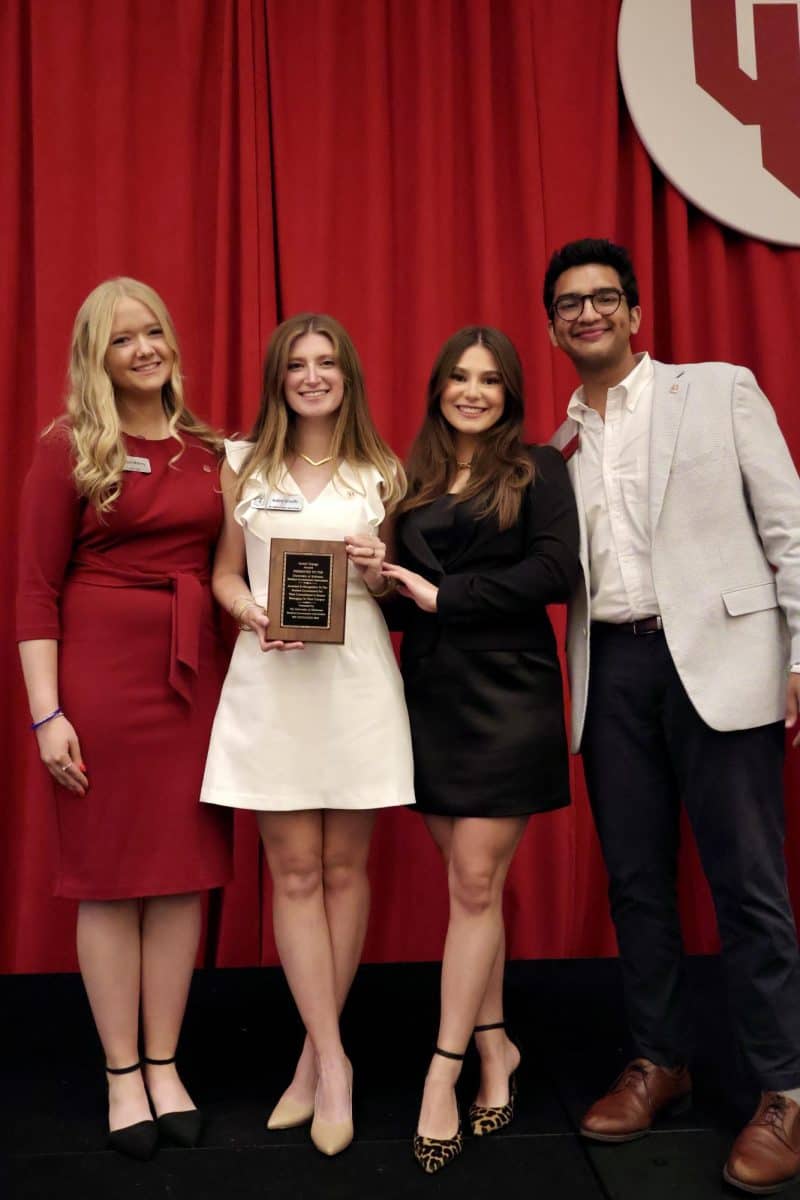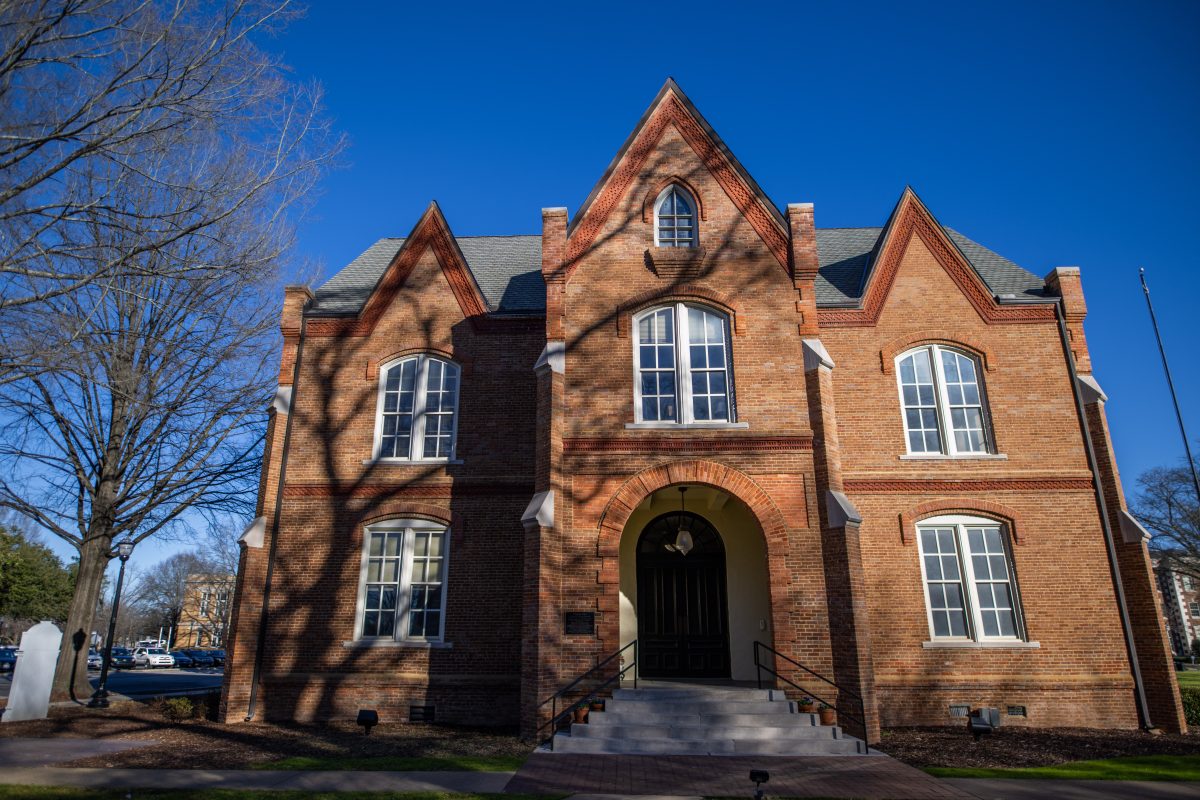Students in one sociology class are applying concepts from their lectures towards the education and eradication of the stigma of HIV and AIDS.
The 20 students in SOC 360: Sociology of HIV/AIDS have teamed up with the West Alabama Aids Outreach to offer free and confidential HIV and AIDS testing in the Ferguson Center on March 1 and 2 from 9 a.m. to 4 p.m.
Students will also be offering information and provisions.
“We have secured two rooms at the Ferguson Center that do not allow others to see in. The only persons in the room will be the person being tested and the WAAO employee providing the test,” WAAO Executive Director Billy Kirkpatrick said.
“Testing only takes 20 minutes, so individuals being tested would not be standing around the testing area for a long period of time,” he said.
The class received a grant of $2,000 to assist with the project from the Center for Community-Based Partnerships and the office of community affairs, according to class professor Bronwen Lichtenstein.
Kirkpatrick said the objective of the class project and of WAAO is mutual.
“The goal is to provide information on HIV to the student body, increase the student body’s knowledge of WAAO’s services, and to reduce the stigma associated with the disease,” he said.
According to the Alabama Department of public health, the state has about 17,200 cases of HIV. The county of Tuscaloosa has about 380 cases, according to the WAAO website.
Lichtenstein has been offering the class since the spring of 2008. Lichtenstein said she offered the class because she wanted to remove the stigma of HIV and address common misconceptions.
“I was concerned that UA students had little idea about the social impact of the HIV epidemic in the South,” she said. “From studies I had conducted, I also knew that student knowledge of [sexually transmitted infections] was lacking in significant ways.”
“Lack of education is a real problem for young people who are at highest risk of being infected with STIs,” Lichtenstein said.
Heather Powers, a junior majoring in criminal justice, said she signed up for the class because of the positive reputation of the professor and the interesting title.
Powers said she is excited to see the reactions of students who pass the class’s booth in the Ferg.
“I hope that people realize that AIDS is a serious issue and that everyone needs to be educated,” Powers said. “I hope that it benefits a lot of students, but I don’t know if it will be effective at all based on the fact that college students probably will disregard the message.”
Andrew Martinez, a junior majoring in media production, encourages students to visit the booth.
“I hope that I can broaden the University’s knowledge on HIV/AIDS because everybody’s at risk for it,” he said. “It’s not a disease that should be taken
lightly.”
Lichtenstein said she is aware of three UA students who have HIV.
“I learned about these unidentified students from a clinician who told me that she had seen two newly-diagnosed UA students in one month alone,” she said.
“There are more than three HIV-infected students at UA but I do not have access to the total number,” she said.
“HIV is a highly treatable condition,” Lichtenstein said. “Testing helps to prevent HIV transmission to sexual partners and ensures that HIV-infected people get the treatment they need to lead a healthy life.”






